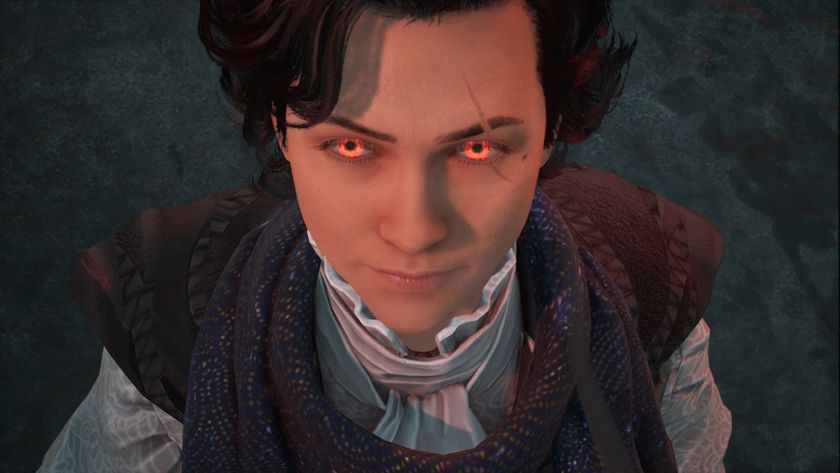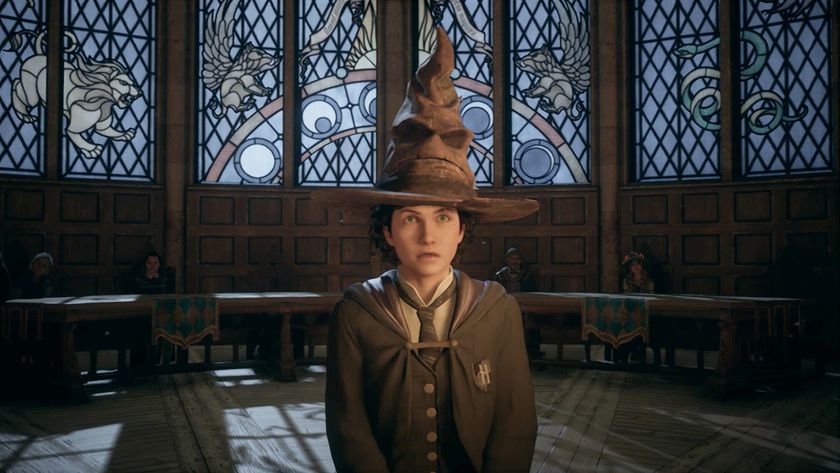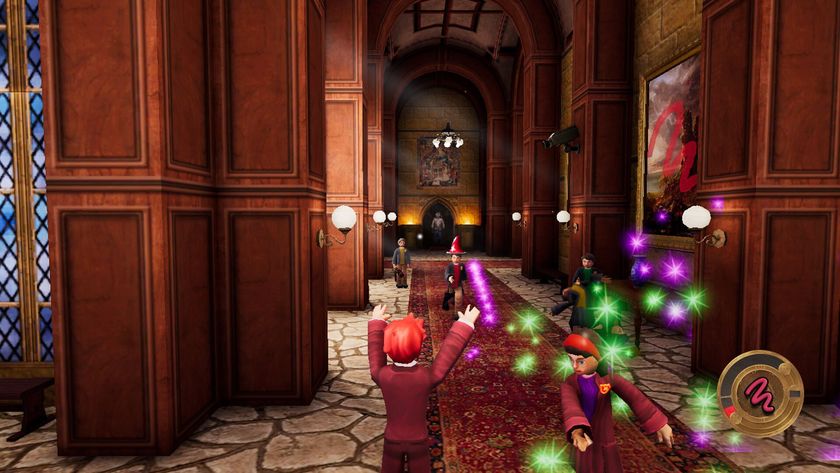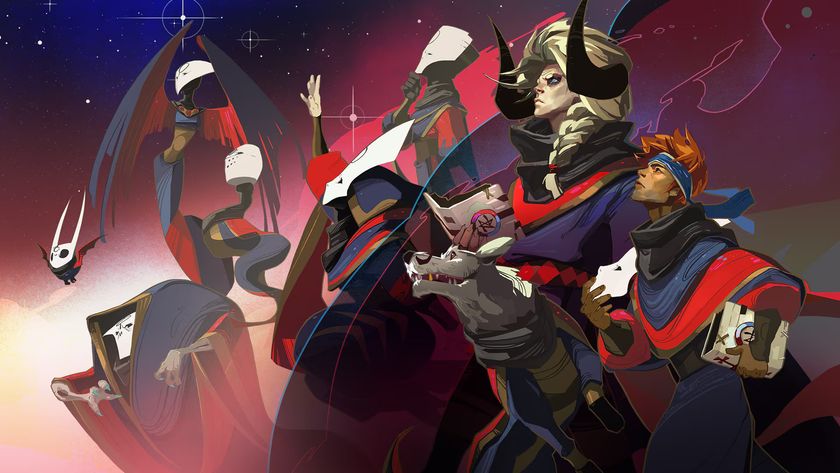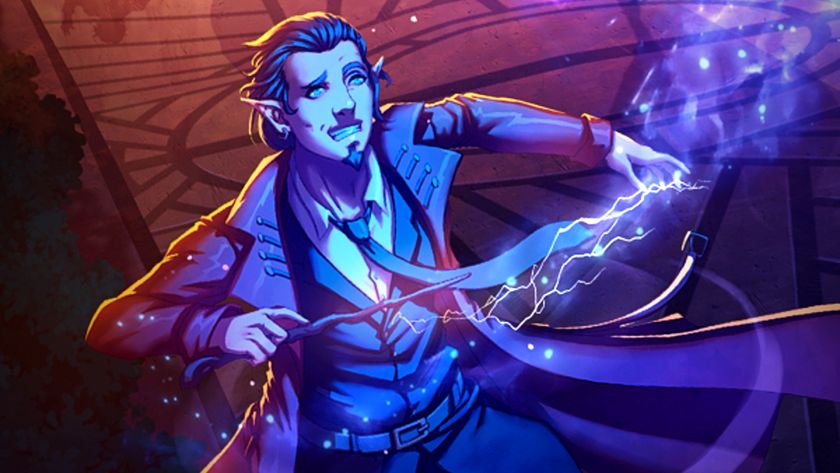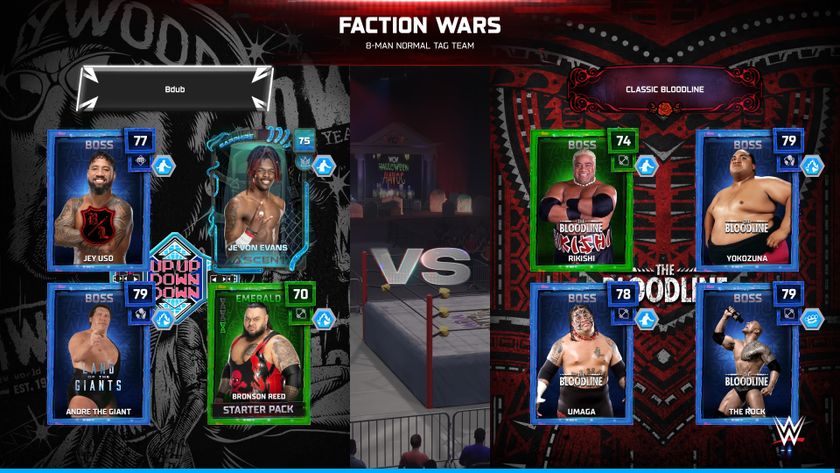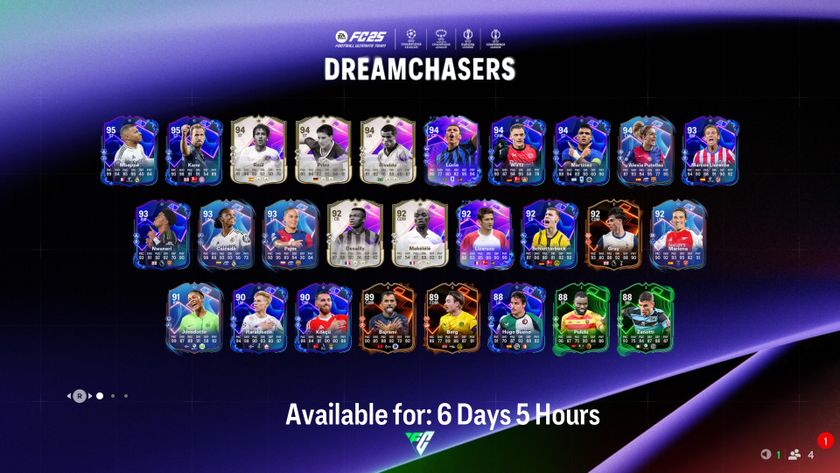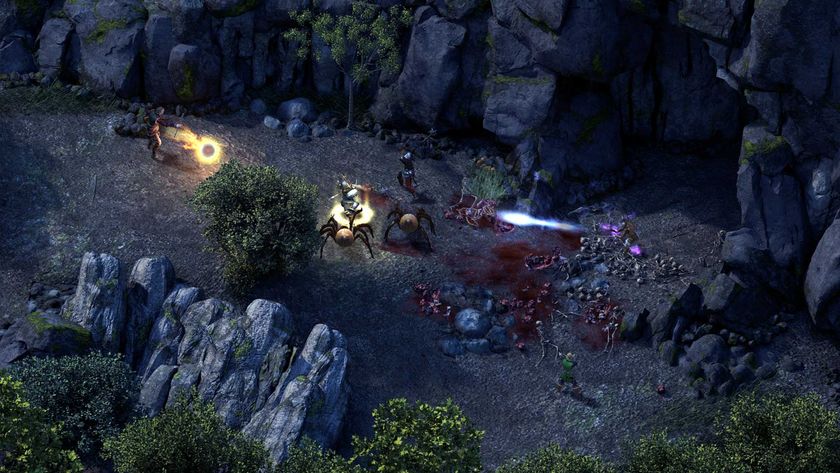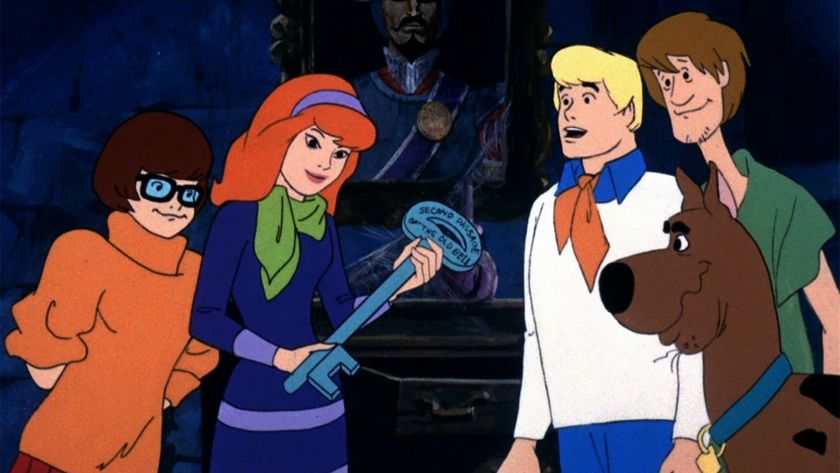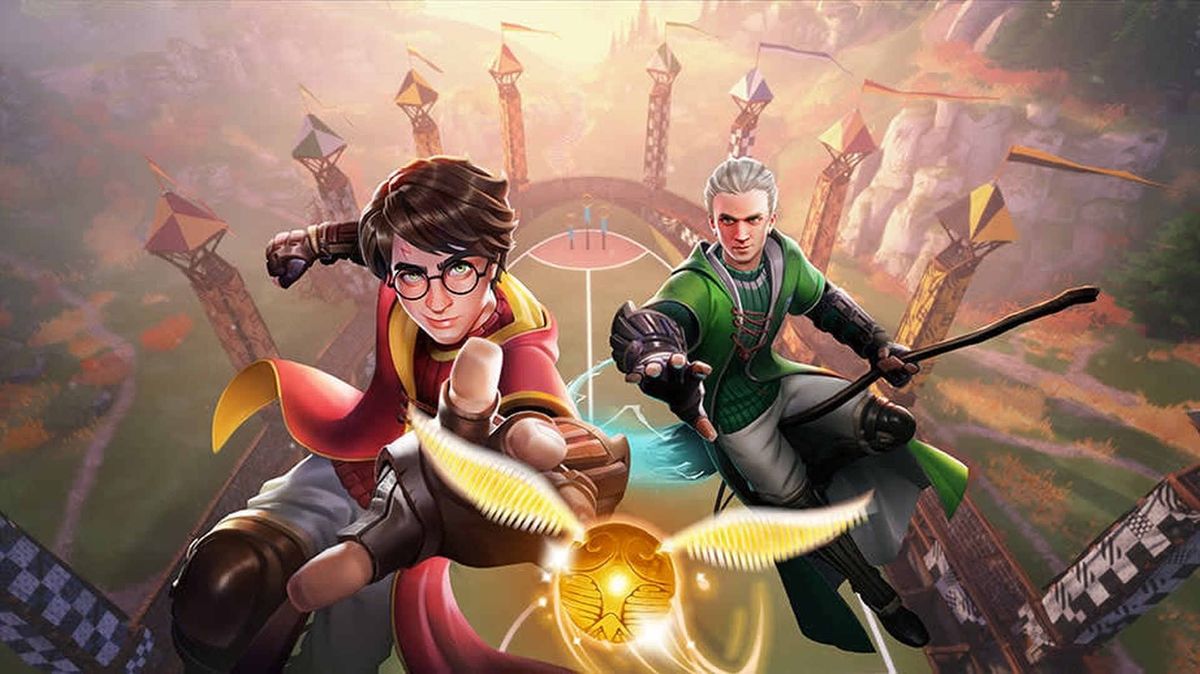
Harry Potter: Quidditch Champions has finally admitted what we've all known for years - the rules of Quidditch don't make very much sense. They make so little sense, in fact, that the new game is making two fundamental changes to its most OP component.
In the Harry Potter books, the Snitch is worth 150 points to whoever catches it, and also causes the game to end. One or both of those ideas is pretty dumb - in a game where every goal is worth 10 points, anything worth 15 of those goals is pretty invalidating to everything else that happens. Perhaps that might be fine if the Snitch didn't also cause the game to end, since any potential comeback that might have been on the cards becomes irrelevant. I'm reminded of this post, about how that might look in any actual sport.
Knowing that the Snitch is kinda dumb, Quidditch Champions is taking action. In a new gameplay trailer, developer Unbroken Studios explains that fans of the book series will find rules they're familiar with, "though there are a few differences to encourage fun, balanced gameplay." The Snitch is now worth 30 points - enough to help trailing teams catch up or winning teams extend their lead, but not enough to win the game by itself. The game doesn't end with a Snitch catch, either - instead, teams are racing to 100 points.
That might be a big change to Snitch tech, but Quidditch Champions isn't changing everything - its Snitch-catching mechanics look remarkably similar to the ones from the PS1-era Harry Potter games, which first saw the light of day more than 23 years ago.
The release of Hogwarts Legacy was the subject of criticism and debate due to J.K. Rowling’s public stance on gender identity, which continues to challenge the inclusivity at the heart of the Harry Potter community. Here is our explainer on the Hogwarts Legacy controversy.
Sign up to the 12DOVE Newsletter
Weekly digests, tales from the communities you love, and more

I'm GamesRadar's news editor, working with the team to deliver breaking news from across the industry. I started my journalistic career while getting my degree in English Literature at the University of Warwick, where I also worked as Games Editor on the student newspaper, The Boar. Since then, I've run the news sections at PCGamesN and Kotaku UK, and also regularly contributed to PC Gamer. As you might be able to tell, PC is my platform of choice, so you can regularly find me playing League of Legends or Steam's latest indie hit.
